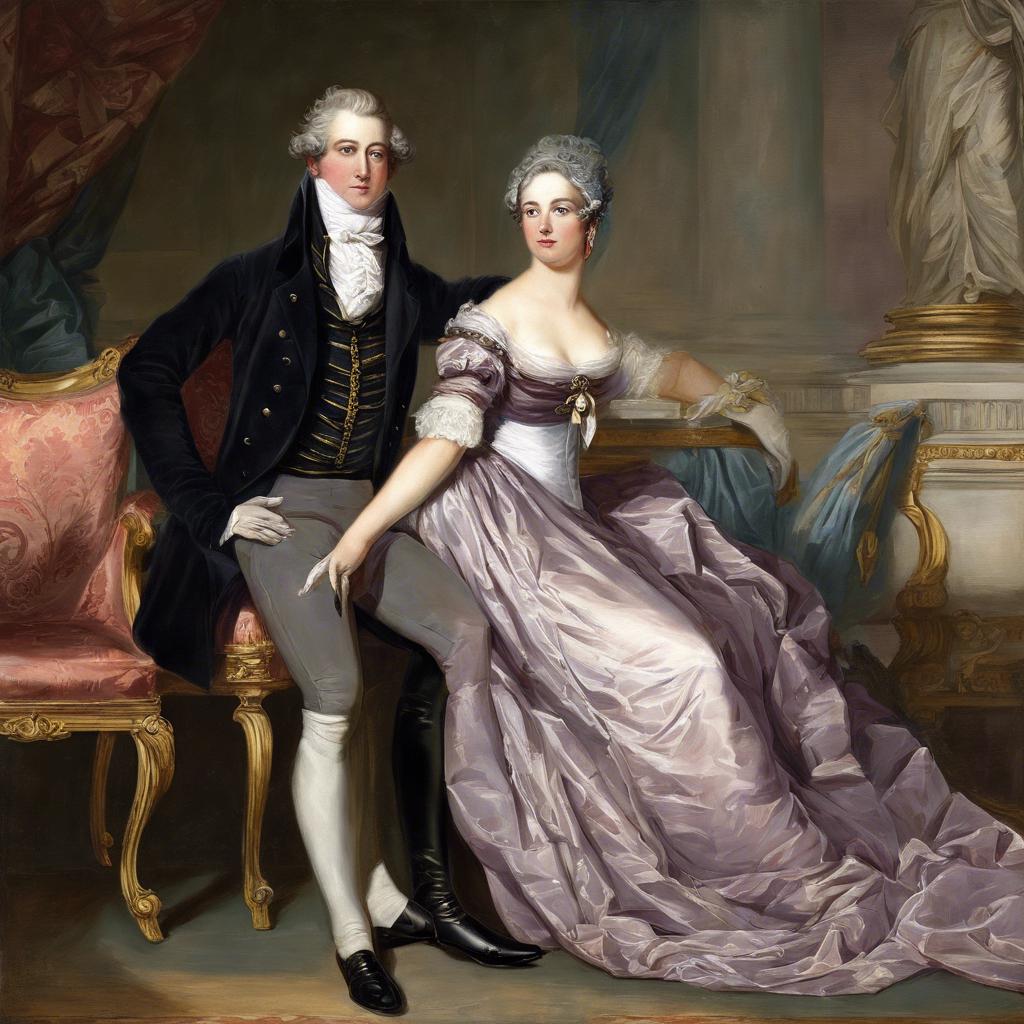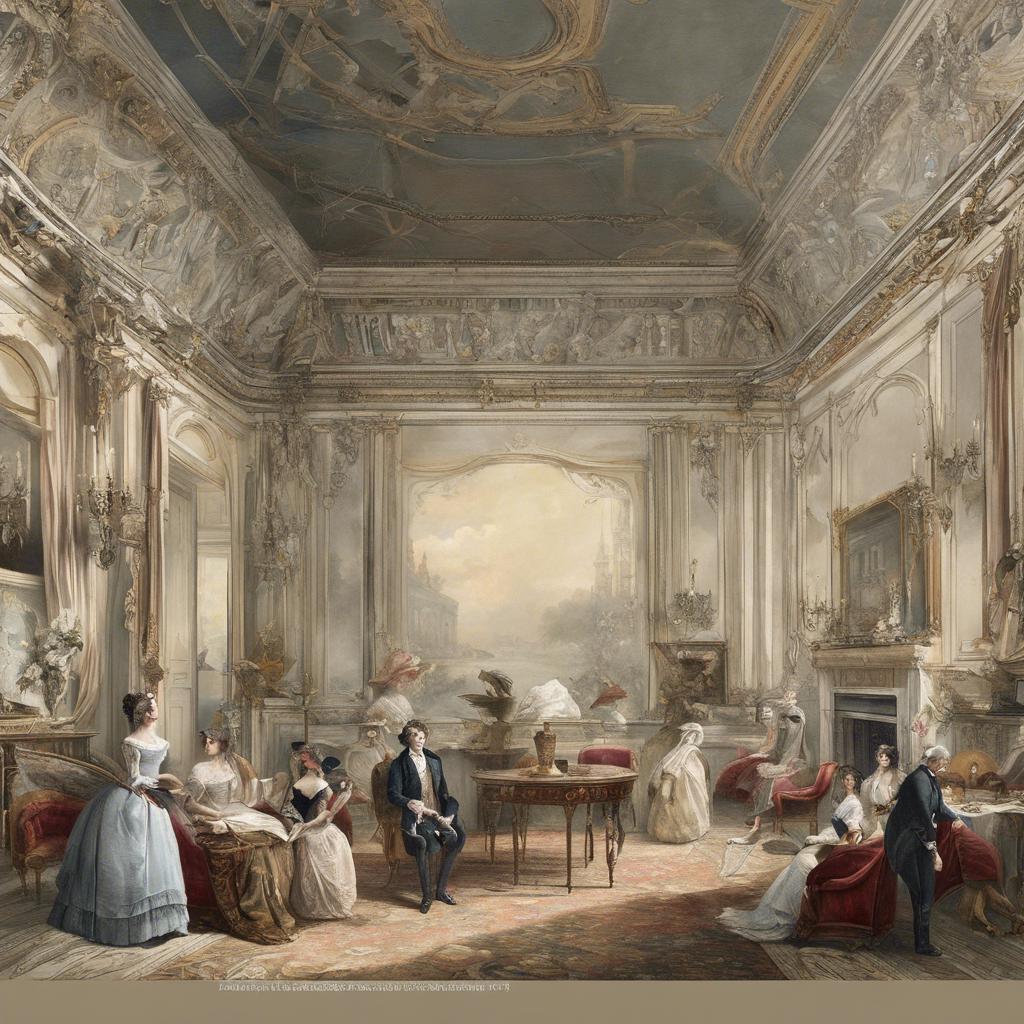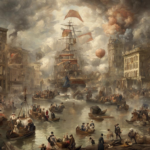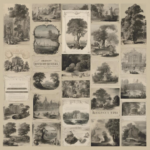In the annals of British history, the Regency era stands as a distinct chapter marked by lavish excess and cultural refinement. Yet, like all periods, it too eventually came to a close. The end of the Regency era was a pivotal moment that ushered in a new era of political and social change. In this article, we will explore the key events and factors that led to the conclusion of this fascinating period in British history.
Step Into the World of Cheryl Bolen
Dive into the enchanting stories of love, intrigue, and elegance set in the Regency Era. Cheryl Bolen's novels offer timeless romance and captivating tales that will leave you wanting more.
Explore Cheryl Bolen's Books Now
The Decline of the Regency Era Aristocracy
marked the end of an extravagant and opulent period in British history. As societal changes brought about by industrialization and political reforms began to take hold, the once powerful and influential aristocratic families found themselves facing challenges that ultimately led to their decline.
One of the key factors contributing to the downfall of the Regency Era aristocracy was the rise of the middle class. With the increasing wealth and influence of merchants, industrialists, and professionals, the traditional power and privilege of the aristocracy began to wane. The aristocratic families, who had once held sway over politics, society, and economy, found themselves being overshadowed by this emerging middle class.
Additionally, changes in societal values and attitudes also played a role in . The focus on meritocracy and individual achievement became more prevalent, undermining the traditional notion of status and privilege based on birthright. As a result, the aristocracy struggled to adapt to these changing dynamics and ultimately lost much of their influence and prestige.
Fallout from the Napoleonic Wars: Economic and Social Impact
After the end of the Napoleonic Wars, the Regency Era in Britain came to an end with the death of King George III in 1820. This marked the beginning of the reign of King George IV, who formally took the throne and ended the period of Regency rule. The Regency Era, which lasted from 1811 to 1820, was characterized by cultural and societal changes brought on by the war and the economic and social impact it had on the country.
During the Regency Era, Britain experienced significant economic challenges as a result of the Napoleonic Wars. The cost of the war put a strain on the country’s finances, leading to increased taxes and inflation. This, in turn, affected the daily lives of many Britons, especially those in the lower classes who struggled to make ends meet. The war also disrupted trade and contributed to a rise in unemployment, further exacerbating economic hardships.
The social impact of the Napoleonic Wars and the subsequent Regency Era was also significant. The war caused a shift in traditional gender roles, as many men were away fighting, leaving women to take on new responsibilities and roles in society. Additionally, the war brought about changes in fashion, art, and literature, reflecting the turbulent times and the desire for escapism and distraction from the harsh realities of war.
The Passing of the Regency Act and the Return of King George IV
The passing of the Regency Act marked the end of an era in British history, as King George IV was finally able to resume his full responsibilities as monarch. This momentous occasion brought about significant changes in the political landscape of the time, with the Regency period officially coming to a close.
During the Regency era, the Prince Regent had served as the ruling monarch in place of his father, King George III, who was deemed unfit to rule due to his declining mental health. This period saw a shift in power and influence, as the Prince Regent made decisions on behalf of the crown. However, with the passing of the Regency Act, King George IV was able to reclaim the throne and assert his authority once more.
The return of King George IV brought about a sense of stability and continuity to the British monarchy. His reign marked a new chapter in the nation’s history, as the Regency era gave way to a period of cultural and political development under his leadership. The passing of the Regency Act was a poignant moment that signified the end of an extraordinary era and the beginning of a new chapter in British history.
Insights and Conclusions
the Regency era came to an end with the passing of King George IV in 1830, leading to the ascension of his younger brother, King William IV. The Regency period, characterized by its cultural, social, and political developments, left an indelible mark on British history. As we reflect on this intriguing chapter in our past, we are reminded of the enduring legacy of the Regency era and its lasting influence on the nation’s future.


